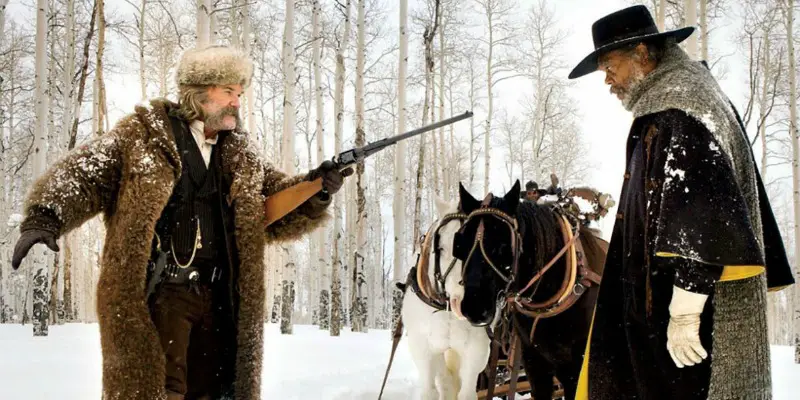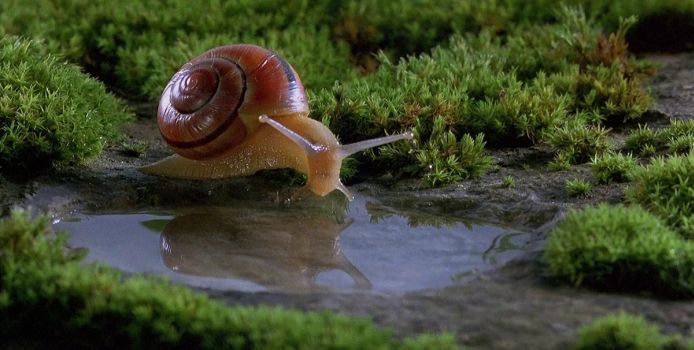crime
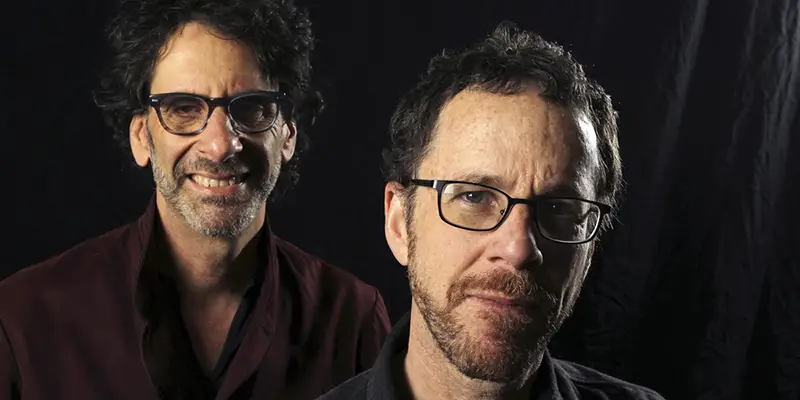
Since they first hit cinema screens in 1984, the Coen Brothers have had a firm grip on audiences and critics alike. Renowned for their idiosyncratic, high quality work, they have found themselves increasingly in demand with studios and actors, many of whom aim to make their next project a Coen Brothers film. They have written, directed and produced all of their own pictures, edited most of them, and have recently ventured into the ‘gun for hire’ realm of screenwriting, contributing to Steven Spielberg’s Bridge of Spies, Angelina Jolie’s Unbroken, Michael Hoffman’s Gambit, and George Clooney’s upcoming Suburbicon.
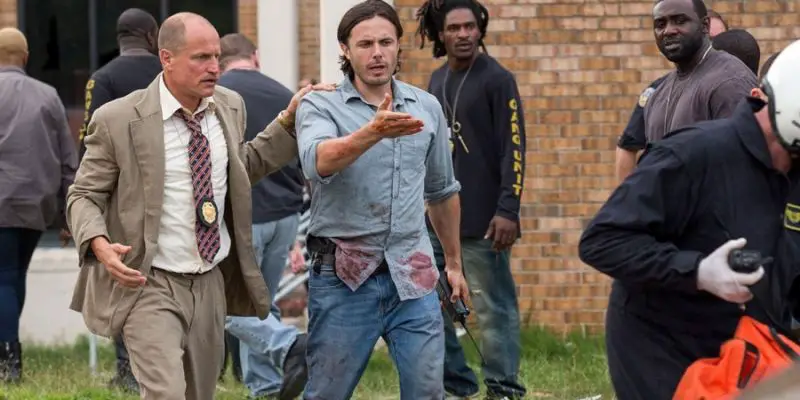
Even though he hails from a nation renowned for its take on exploitation cinema, director John Hillcoat has repeatedly proven himself to be far more interested with the archetypes of American genre films. His international breakthrough feature, 2006’s The Proposition, was the perfect marriage of the sensibilities of Ozploitation and the most hard-boiled Westerns; for a country with no major cinema heritage, it suggested Hillcoat was a director who could put his nation firmly on the world cinema map. Instead of continuing this distinctive subversion of genre with his subsequent films, Hillcoat has become increasingly formulaic.
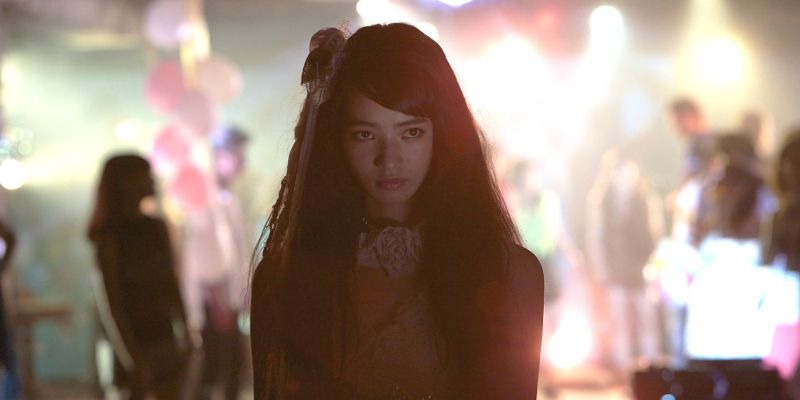
To try and properly describe The World of Kanako is quite a tough feat. So far I have a mix of the youth-filled slaughter of Battle Royale, the rapid-fire non-linear editing of John Boorman’s Point Blank, and the grittiness of Sam Peckinpah’s Bring Me the Head of Alfredo Garcia, smashed together in a blood soaked blender and left to sit in the sun. The World of Kanako is a brutal, convoluted and pop-culture infused neo-noir which punctures a bandage-wrapped fist in the face of decency in delivering its twisted story.

On November 23rd 2012, 17 year old Jordan Davis was shot dead inside a friends car at a gas station. He was shot by Michael Dunn, a 43 year old white male, because of an altercation which began when Dunn asked Jordan and his friends to turn down their music. The situation escalated and a few minutes later Jordan Davis was dead.
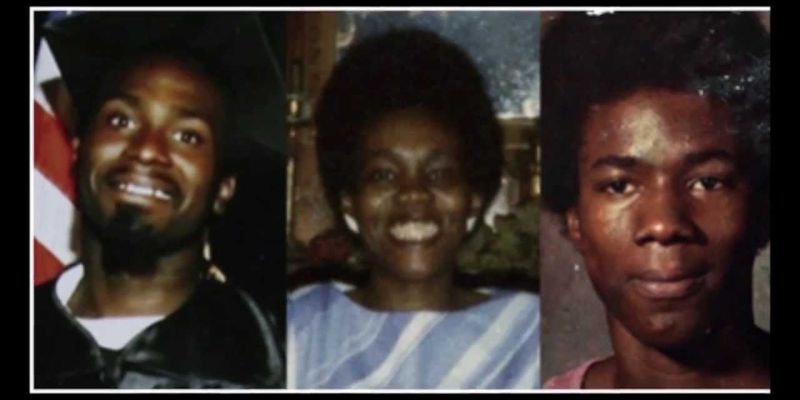
Rachel Lyon’s wide-eyed documentary Hate Crimes in the Heartland revisits the largely ignored history of racial violence in Tulsa, Oklahoma. In the wake of a racially motivated shooting spree on Good Friday in 2012, Lyon interviews survivors, leaders, historians, and residents to discuss the city’s racially divided legacy and the effects of the “Tulsa Race Riot,” a misnomer for the day long, Ku Klux Klan-led decimation of Black Wall Street’s infrastructure. Interviewees discuss the contemporary effects of the small-scale genocidal effort in 1921 and media coverage of the Good Friday shootings in 2012.

The Look of Silence, the harrowing companion piece to The Act of Killing, was released earlier this year to universal acclaim. With the film about to be released on streaming platforms in the US, with a ton of awards nominations heading its way (including a place in the shortlist for Best Documentary at the Oscars this year), Film Inquiry spoke to director Joshua Oppenheimer about the past decade in his life making these films, as well as the new form of documentary storytelling he has pioneered. Alistair Ryder for Film Inquiry:
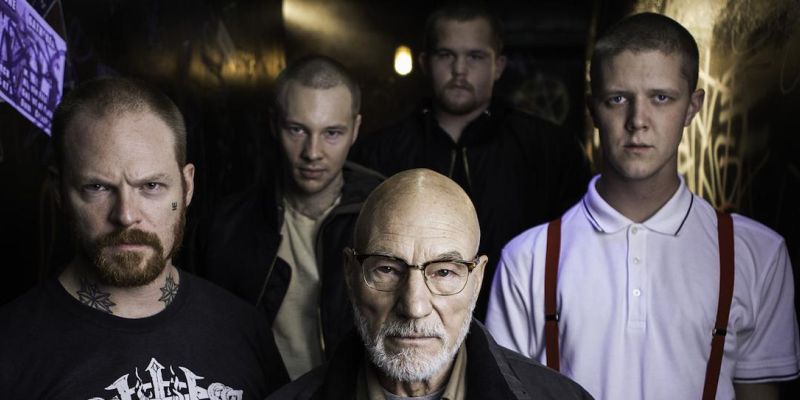
Director Jeremy Saulnier’s debut film Blue Ruin marked him out as a director to watch, a spiritual heir to the throne of the Coen Brothers at their most violent. Like the Coens in their bloodthirsty prime, Saulnier filled Blue Ruin with borderline absurdist humour and fully fleshed out characters who would appear as nothing more than walking quirks were they not so perfectly realised. Most importantly, he achieved something that few other Coen imitators manage – he perfectly understood that the violence in their movies takes place in a moral universe, where no evil deed goes unpunished.
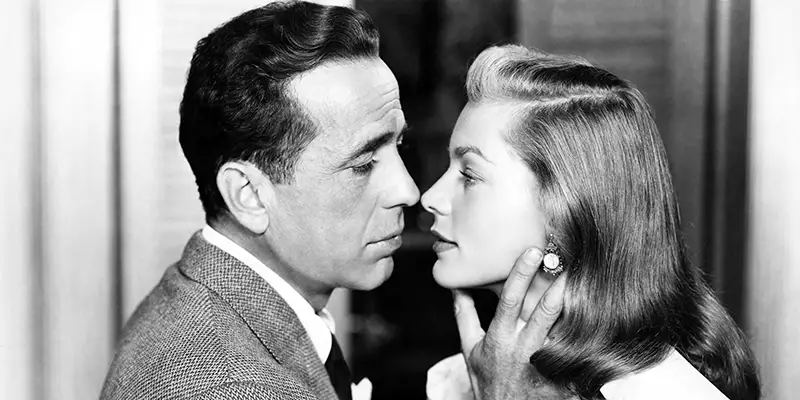
I can’t think of any other couple that exemplified the pure nature of an old Hollywood romance other than Humphrey Bogart and Lauren Bacall. If you take a quick glimpse at their history together, the love they shared was palpable. Bacall was only nineteen when they met (twenty when they married), and Bogart was old enough to be her father.
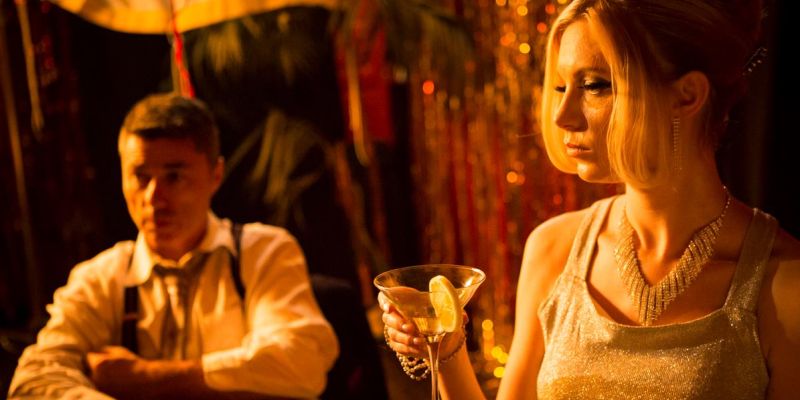
Fingers, the Indiegogo-funded short film from writer/director Alex Marx and producer Savannah James-Bayly, is a slick and stylish crime drama that blends Biblical themes with 1960s London glam. From the filmmakers’ own mouths: Fingers is a short crime drama based on the Biblical story of Salome and the martyrship of John the Baptist, reimagined in the murky underworld of a 1960s nightclub in London’s East End.
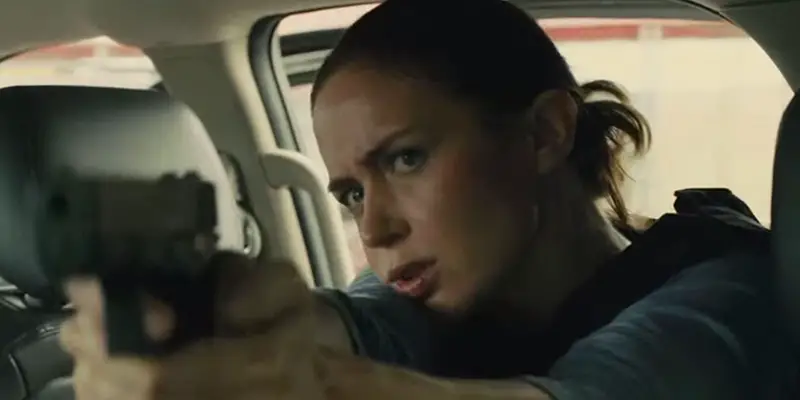
“Your American ears won’t understand, your eyes will see things that make no sense, but in the end you’ll understand,” DOD Operative Alejandro (Benico Del Toro) Brazen sunlight beats down on the terrain, voiding any visible shadows. Homes and domiciles of the Phoenix desert fill and occupy the frame, and the camera remains momentarily stationary. But then, in an instant, the machinery that captures and reproduces light stirs and begins to pan from right to left across the suburban community; as human beings, FBI agents in full riot gear with guns pointed, to be precise, enter into the picture.
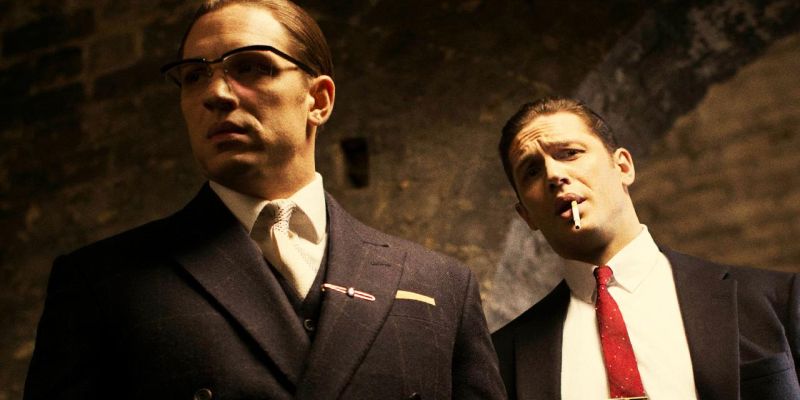
From the minute of its inception I had high hopes for Legend. An earlier attempt at a biopic of the infamous Kray twins has largely been forgotten, starring as it did the brothers from Spandau Ballet. But this one, starring Tom Hardy as both Ronnie and Reggie, with a plethora of great British actors in supporting roles, looked promising.
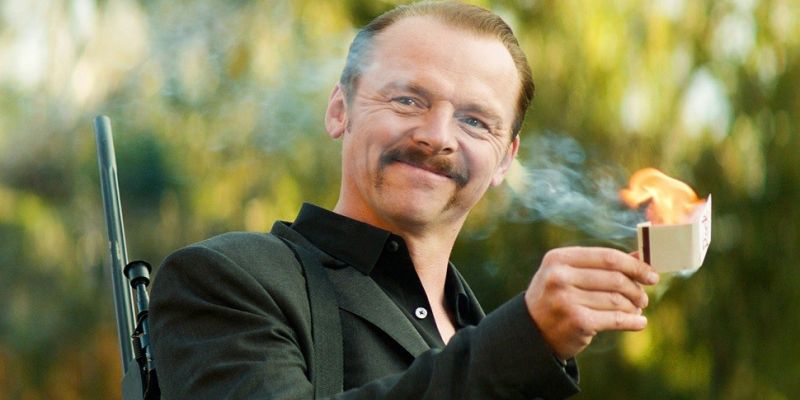
Kill Me Three Times is a film which is the right step forward for Australian cinema, done in the worst way possible. For the past decade, Australia has lacked films that have managed to cross international borders and bring new talent to life, which is a process which used to happen back in the day, from George Miller to Phillip Noyce. The only significant films of the past 10 years to really make any impact are David Michôd’s Animal Kingdom, which reminded audiences and filmmakers of the acting talents of Ben Mendelsohn and Jacki Weaver, who have become international stars.
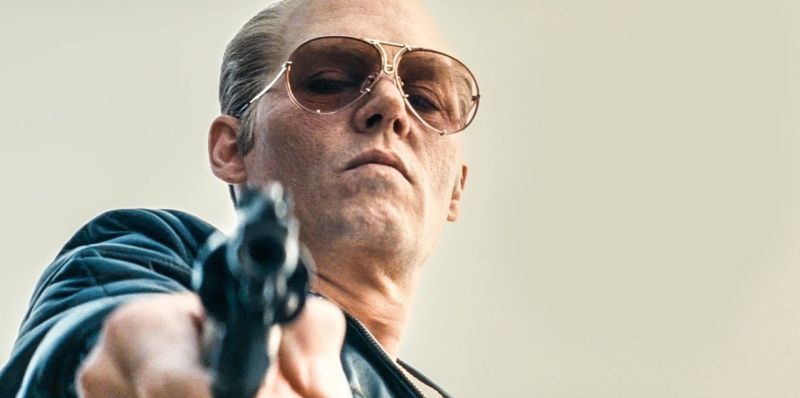
There is a right way and a wrong way to tell a gangster story. Some of the very best have utilized inventive camera techniques, are fueled by impressive acting talent, and are backed by an engaging, well-written screenplay. Black Mass attempts to be something great; yet, when thinking back to it, it’s likely only the acting that will be remembered.


